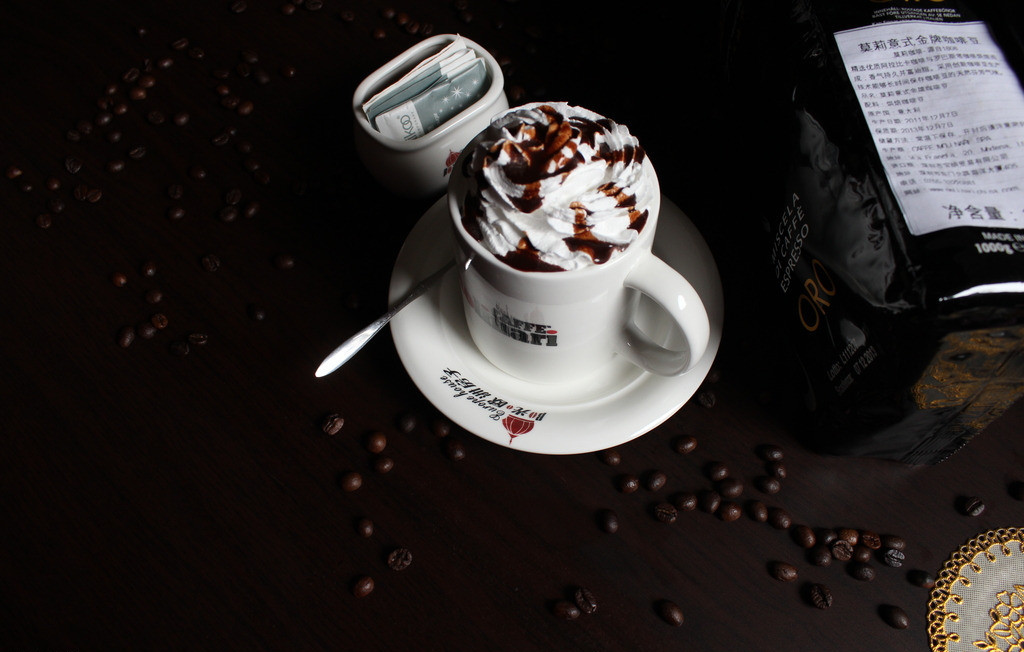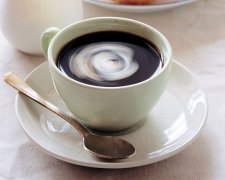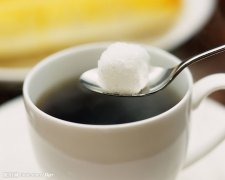Eight factors affecting the taste of coffee

There are eight main factors affecting coffee: (1) temperature of extraction water,(2) grinding degree,(3) extraction pressure,(4) powder quantity,(5) squeezing degree,(6) water quality,(7) machinery and equipment,(8) people
Temperature:
Why temperature is the first focus of discussion. Because other factors are better solved and there are differences in coffee bean quality and varieties. But temperature is the most difficult thing to master for ordinary machines. Because coffee itself contains hundreds of very complex substances, and these substances will be extracted with different extraction temperatures to different substances, resulting in coffee ever-changing taste. Therefore, it is recommended that the coffee extraction temperature is preferably between 90°C and 92°C.
Grind:
Grind degree involves a wide range, generally speaking, and coffee bean varieties, roasting degree. 100% ARABICA Beans are generally coarser than mixed beans. There is a certain range of grinds to make a perfect cup of Espresso. Grinding too fine will cause coffee brewing, effluent to drip out, hot water stay too long, resulting in excessive extraction, grinding too coarse will cause coffee flow, resulting in insufficient extraction, affecting the taste of coffee. Under normal grinding degree and normal squeezing degree, the extracted coffee should flow out fine and uninterrupted, and flow out 30C. C.~ within 25 seconds. Espresso coffee at 35C.
Extraction pressure:
Also known as brewing pressure. Pressure of 8 - 9 bar is generally used. Why use this pressure? This is because this is the empirical value obtained from actual operation. Because too high pressure will break down the coffee powder, causing holes, forming uneven extraction, and too high pressure, hot water through too fast, will cause insufficient extraction. Too little pressure causes over-extraction.
Powder Quantity:
This factor often affects the quality and taste of a cup of coffee. Generally, the appropriate amount of powder is recommended to be around 7.5g/cup of Espresso, because too much powder will cause the coffee cake to top the water network, so that the coffee has no sufficient expansion space, resulting in excessive extraction. If the amount of powder is too small, the thickness of the powder cake is insufficient, and it is easy to be broken down by hot water to form uneven extraction.
Degree of compression:
Compaction is used so that coffee powder can be extracted evenly. Because coffee powder that has not been compressed is easily broken down by hot water, resulting in uneven extraction. Packing too tightly will make it difficult for hot water to pass through, resulting in excessive extraction. The proper packing will match the characteristics and grindness of the coffee beans.
Water quality:
This factor is often overlooked and will become increasingly important in the days to come. The essence contained in coffee beans wants to be extracted, among which the minerals in water account for a large factor, and the most suitable temperature for brewing coffee is
90~92°C, boiling hot water can not be reached, so a perfect filtration system will be very important. Boiled water or RO water is not suitable for brewing coffee. The importance of water quality also involves the problem of overnight water. Therefore, it is necessary to make empty brewing for 3 minutes to let overnight water flow away at the beginning of operation.
Machine hardware:
Choosing a qualified Espresso machine will be very important. What is qualified or not? That is to say, adjustable brewing temperature and brewing pressure are the most important factors, and then evaluate the size of the machine, boiler size, after-sales service, price.
Human problems:
All the above factors are passive factors, and the last remaining problem is the operator's problem. A good operator can always pay attention to the above key points, pay attention at any time, avoid mistakes, and the effectiveness of milk foaming is also a personal factor. Therefore, to make a successful cup of coffee, depends on a successful coffee operator.
Important Notice :
前街咖啡 FrontStreet Coffee has moved to new addredd:
FrontStreet Coffee Address: 315,Donghua East Road,GuangZhou
Tel:020 38364473
- Prev

The important elements of gourmet coffee
When you go to a coffee shop or shop in a supermarket, you may find that many coffee products are called gourmet coffee. The halo of this title attracts many coffee fans to buy it. But what kind of coffee can be called gourmet coffee? It is rather complicated to answer this question. Gourmet coffee covers a wide range of areas, and what it has in common is that it can make a cup.
- Next

Savor coffee and savor life
Coffee has become a common fashion. When your life is busy, will you hold a cup of strong coffee in your hand to get rid of the habit of fatigue? Whether you haven't or haven't formed this habit, take a look at the professional coffee appreciation introduction now, and maybe the next moment you will become a coffee tasting expert. Professional coffee reviewers should choose a special set of appliances, including a large number of
Related
- Beginners will see the "Coffee pull flower" guide!
- What is the difference between ice blog purified milk and ordinary milk coffee?
- Why is the Philippines the largest producer of crops in Liberia?
- For coffee extraction, should the fine powder be retained?
- How does extracted espresso fill pressed powder? How much strength does it take to press the powder?
- How to make jasmine cold extract coffee? Is the jasmine + latte good?
- Will this little toy really make the coffee taste better? How does Lily Drip affect coffee extraction?
- Will the action of slapping the filter cup also affect coffee extraction?
- What's the difference between powder-to-water ratio and powder-to-liquid ratio?
- What is the Ethiopian local species? What does it have to do with Heirloom native species?

